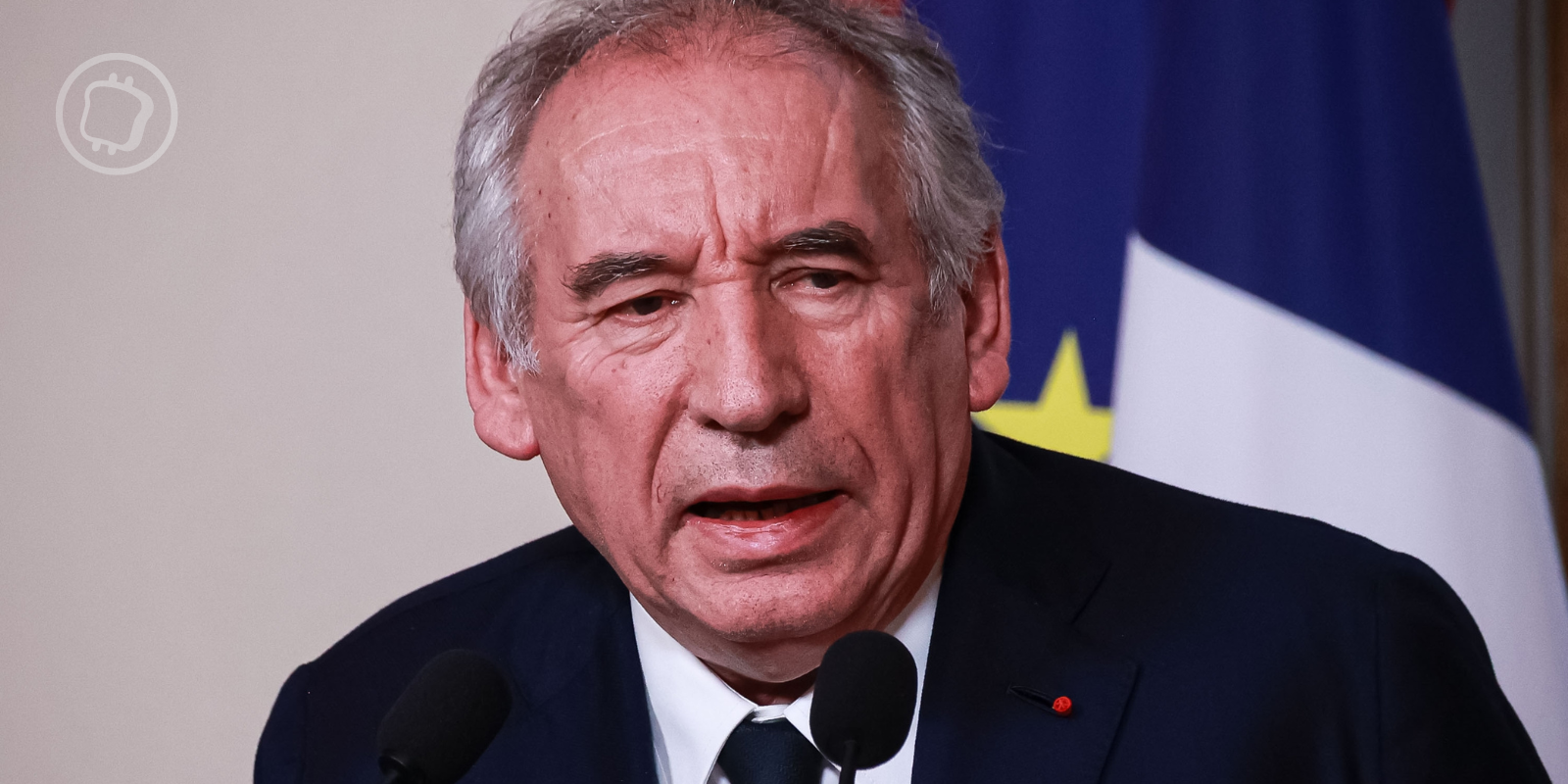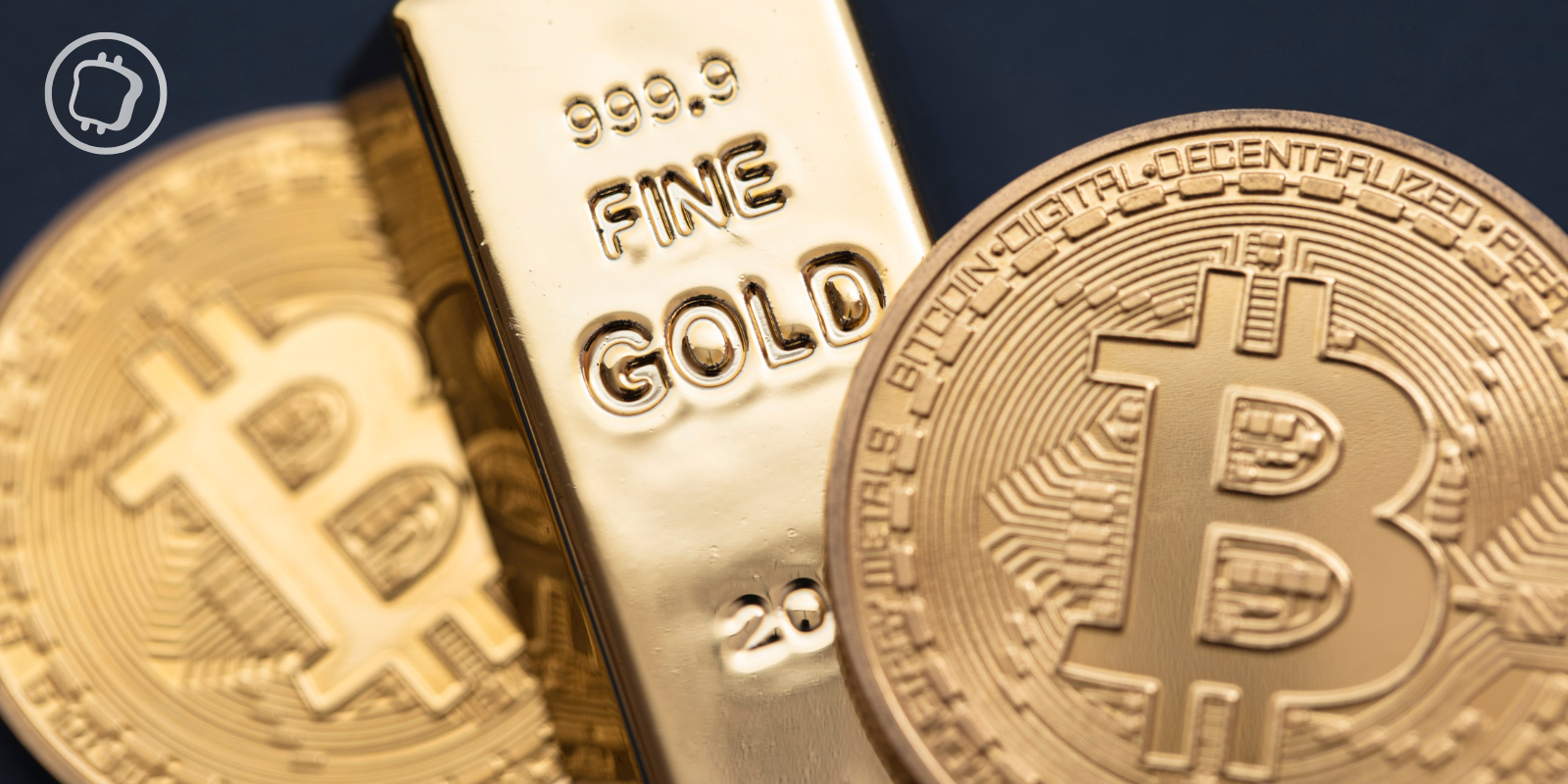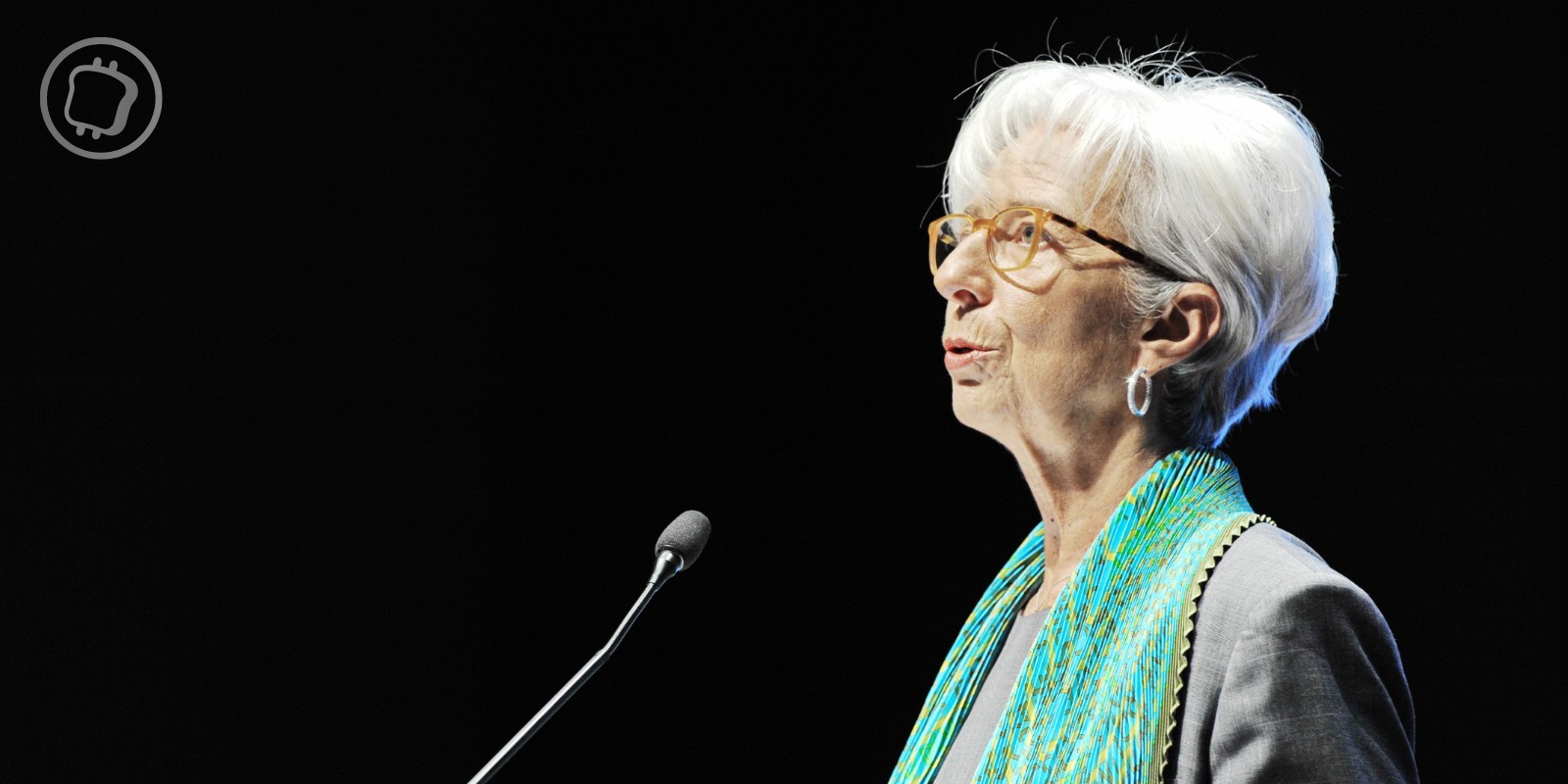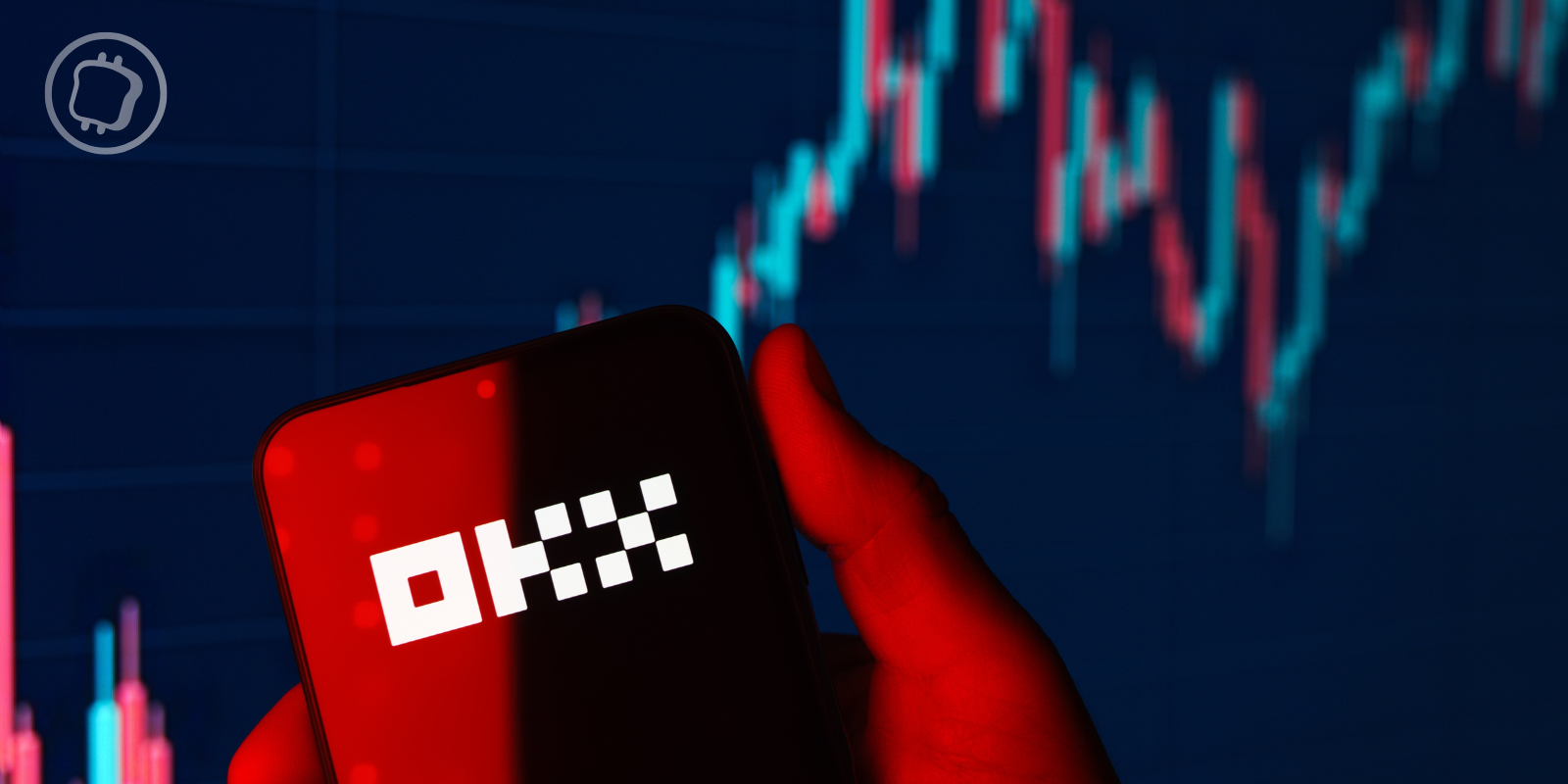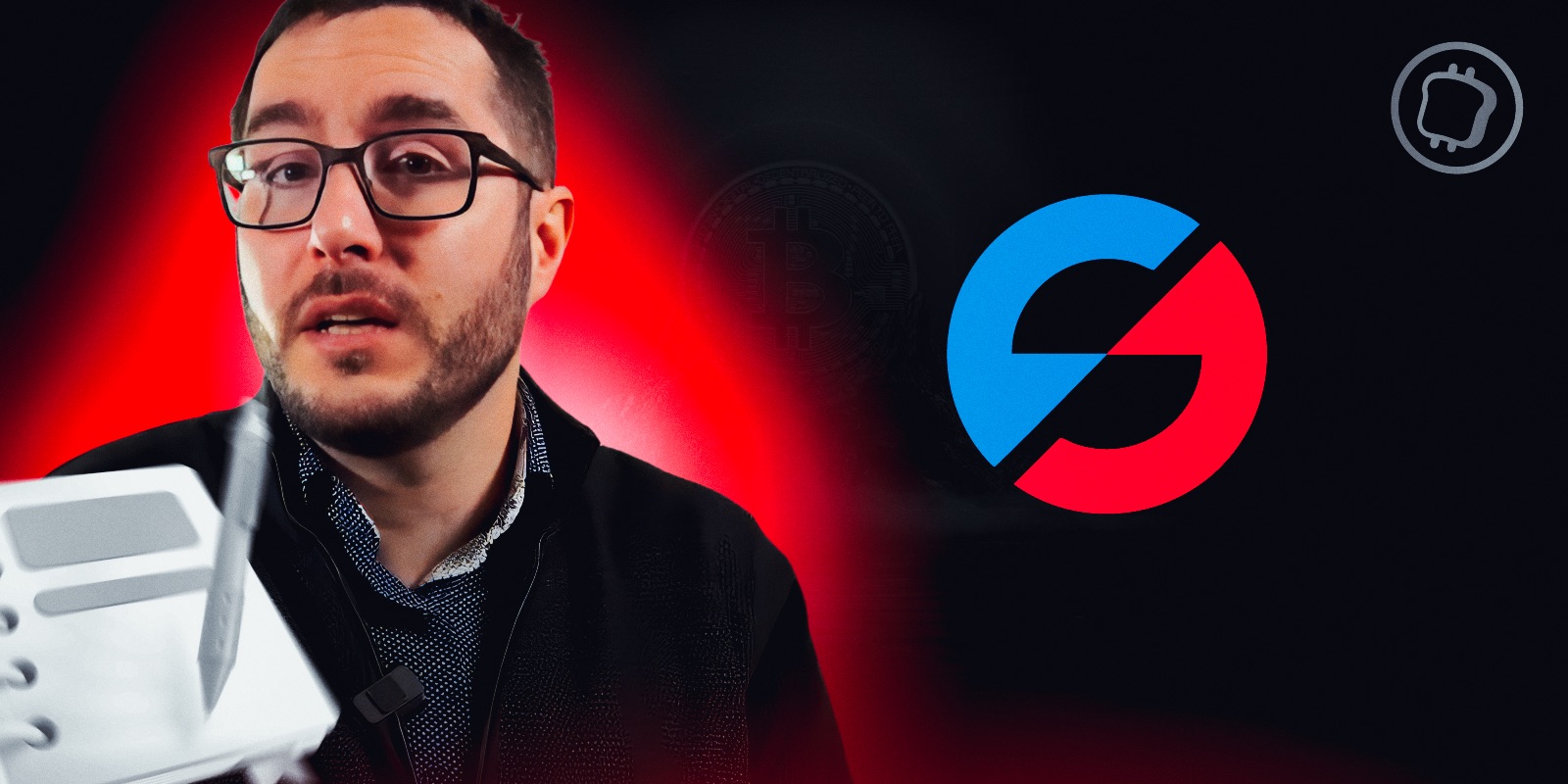French debt now reaches 3,300 billion euros, or 113.7% of GDP. As successive governments fail to reverse the trend, economic risks are accumulating. Faced with this situation, Bitcoin is emerging as a resilient alternative, offering unique assets to protect your assets against monetary uncertainties.
France's revenues are not enough to offset its expenses
Issues linked to monetary policy and debt repayment are largely absent from political debates, as if these subjects were not essential, or even a priority.
Indeed, no French government in recent decades has succeeded or even seriously attempted to reduce the national debt. Uncontrolled growth in debt is unsustainable for the country's economic development and could lead to dramatic consequences, forcing the state to reduce its spending precipitously.

At the end of 2024, French debt crosses a new critical threshold, reaching 3,300 billion euros, or 113.7% of gross domestic product (GDP).
Some economists, regularly invited on television sets or authors of books, try to minimize this problem by arguing that France has significant capital, particularly in real estate and historical monuments justifying its debt.
However, this argument is based on misconceptions or deep dishonesty. If the debt continues to grow at this rate, France could soon no longer have sufficient assets to justify its debt. Even more worrying, the real danger will come when lenders stop financing the country.
During the Surfin' Bitcoin 2024 conference, we welcomed Yorick de Mombynes, Referendum Advisor at the Court of Auditors, who explained the potential consequences of such a situation:
“There are notably developing countries in the 80s/90s which defaulted, such as Argentina and Mexico. And there it is catastrophic because the States, and therefore the citizens, become the prisoners of decisions of the lenders, of the last actors who are willing to lend, and in particular the IMF. So this poses a problem of monetary sovereignty, at a given moment a democracy finds itself under the control of unelected democrats from an international organization. »
The situation in France is all the more worrying as it is unable to reduce its spending. At the beginning of December, the rating agency Moody's lowered the French debt rating to Aa3. This contrasts with Germany, where the share of debt in relation to GDP has decreased by 5 points since 2021, from 69% to 64%.
This divergence is partly explained by the short-term vision of French politicians, who focus more on the image of their mandate than on the long-term direction of the national economy.

Let's invest: all the essential resources for the informed investor
Advertisement
Have Bitcoin to avoid going bankrupt
Before debt truly spirals out of control, it is essential to explore solutions, whether from policymakers or individual initiatives.

In this context, one approach is to consider alternatives allowing citizens to protect their own heritage in the face of economic uncertainties and flaws in the political system.
With this in mind, Bitcoin stands out as a promising solution. In addition to being the best performing asset of the last 10 years, it is a deflationary currency, which should be used in a self-custodial manner.which cannot be seized or controlled by a trusted third party.
Download Bitstack and earn €5 in Bitcoin with code CRYPTOAST5*
* After saving for €100 of BTC purchase
Source: Les Echos
The #1 Crypto Newsletter
Receive a summary of crypto news every day by email
Some links in this article may be affiliated. This means that if you buy a product or register on a site from this article, our partner pays us a commission.
Investments in cryptocurrencies are risky. There is no guaranteed high return, a product with high return potential involves high risk. This risk-taking must be in line with your project, your investment horizon and your capacity to lose part of this savings. Do not invest if you are not prepared to lose all or part of your capital




